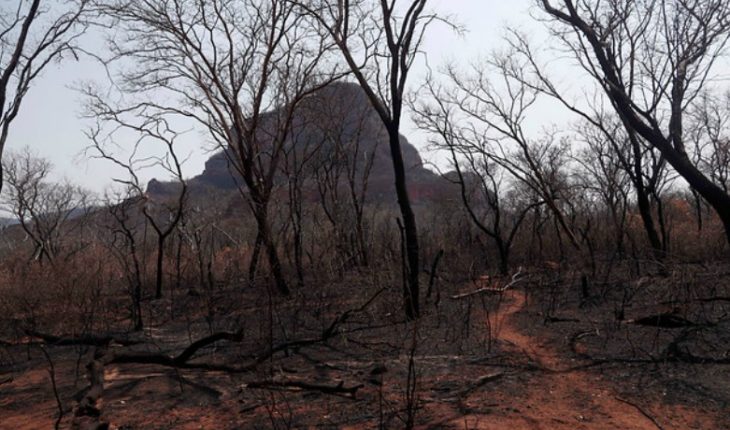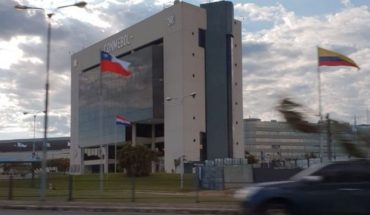The fires that have taken place in the Amazon since 9 August, have already ravaged around 1 million hectares in Bolivia, quoted in the report of the Departmental Autonomous Government of Santa Cruz collected by the World Wildlife Fund ( WWF). The organization notes that on August 23rd, the Bolivian state rented a Super Tanker aircraft with a capacity of 72,000 liters of water, but this action has not been effective, because a change in the direction of the winds has meant that at various points , mainly in Chiquitanía (Bolivia), and the Pantanal (Brazil, Paraguay and Bolivia), new fire sources are intensifying and registered. At the moment, it notes that the number of active heat points is 80 per cent more than in 2018.It also indicates that in some indigenous territories such as Monte Verde (Bolivia) its inhabitants have had to be evacuated because of the latent risk and have already been lost 100,000 hectares of forest, resulting in significant socio-economic impacts for these families of small holders, whose sources of income are the services provided by nature. In addition, WWF reveals that in recent days there have been different protests in several cities close to the most devastated points to request international aid. The organization has expressed in statements to Europe Press its concern about the “climate emergency” that takes place in the Amazon, a space declared as “heritage of humanity that fulfills functions that do not understand borders. The Amazon forest provides 20 percent of the planet’s oxygen and also absorbs 10 percent of greenhouse gases,” according to WWF’s energy climate program manager, Mar Asunción.According to the NGO, one of the main causes for which these fires occur is deforestation. 20 percent of the Amazon has already been deforested, meaning the forest is losing its ability to fulfill its role. The total area of deforestation alerts in the Brazilian part of the Amazon between January and July 2019 has grown markedly compared to recent years, an increase of 278 percent. Currently, these countries are in fire season, which takes place between August and October and September as the peak, so the risk will continue next month. In addition, the fires coincide with a time when there has been no rain, and it has been that they have not been produced for more than six months. The flames affect biodiversity and put at risk several emblematic species and habitats that allow the survival of different species of animals and plants, WWF warns that these fire pockets will increase the consequences of climate change, with potential droughts and floods from lack of plant cover. Faced with this situation, WWF has published a manifesto in solidarity with the Amazon in which it calls for more international collaboration so that these fires do not recur in the future and more union between the countries of the region to add actions aimed at extinguishing the flames , minimize damage and reduce the pressures affecting these areas, such as meat and soybean production.
translated from Spanish: Amazon fires have already ravaged nearly 1 million hectares in Bolivia alone
August 28, 2019 |





